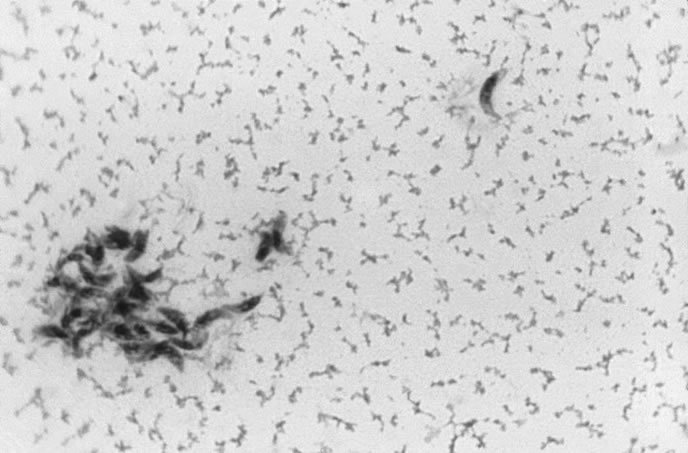Q. I recently fostered a rescue dog I was told had eaten the feces of a feral cat while being housed in another foster home. This cat subsequently had his stool tested, and it came back positive for toxoplasma gondii. The dog unfortunately defecated in my car while I was transporting him and I am concerned that I may have been exposed to toxoplasma while cleaning up the mess in my car. Do I need to worry about this?
A. First of all, thank you so much for all of your work on behalf of all animals. It is wonderful to hear about your kind work, and I think we need more folks like you in this world.
Perhaps a brief review of the life cycle of Toxoplasma gondii will be instructive. This protozoal parasite is capable of infesting most warm blooded animals, but its primary (definitive) host is the cat. This means that T gondii can produce only infective oocysts (eggs) when it is ingested by a cat and multiplies in the cats’ intestinal tract. These oocysts are then shed in the feces, where they become capable of infecting other animals between 24 to 48 hours after they are shed. These oocysts are very resistant to degradation and may survive in the environment for more than one year.
Centers for Disease Control/Dr. L.L. Moore Jr.

Animals are infected by either eating the meat of an infected animal, by ingesting water, soil or food products that have been contaminated with T gondii eggs, or in rare cases by transmission from a pregnant mother to her baby across the placenta. When animals other than cats ingest infective T gondii oocysts, the oocysts hatch in their GI tract and ultimately migrate to tissues in various parts of the body (usually muscles), where they form cysts that remain in the animal’s body for the rest of its life. Non-feline species may ultimately develop signs of toxoplasmosis, including fever, lethargy, anorexia, and other symptoms that depend upon the organ system affected. Infected cats most commonly do not develop symptomatic toxoplasmosis.
The important point here is that animals other than cats do not shed infective oocysts in their feces, so the likelihood of your being exposed to T gondii oocysts in the feces of a dog (an intermediate host) are exceedingly low.
Toxoplasmosis (infection with T gondii) is a significant zoonotic disease (i.e, a disease that people can catch from animals), and it is important that people, particularly immunosuppressed and pregnant people, take precautions to prevent exposure to infective oocysts of this common parasite.
These precautions include cleaning the litter box daily (more often than every 24 hours so that oocysts do not have a chance to become infective) or not at all (have someone else clean them), wearing gloves when working in soil that may be contaminated with cat feces, washing all food items carefully and cooking food well before consuming, covering sandboxes to avoid contamination with cat feces, and refraining from ingesting potentially contaminated water sources.
I hope that this is helpful, and I think the likelihood of your being contaminated is low. Of course, if you notice any signs of lethargy, fever, weakness or any other symptom, it would be prudent, as always, to seek consultation with a physician to be on the safe side.
Best regards, and keep up the great work … even that work on behalf of dogs!
—Best regards, Elizabeth
Elizabeth is thankful for the assistance of Bruce G. Kornreich, DVM, Ph.D., ACVIM, Associate Director of the Cornell Feline Health Center, in providing the answer on this page.


